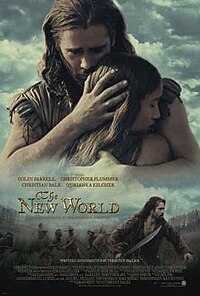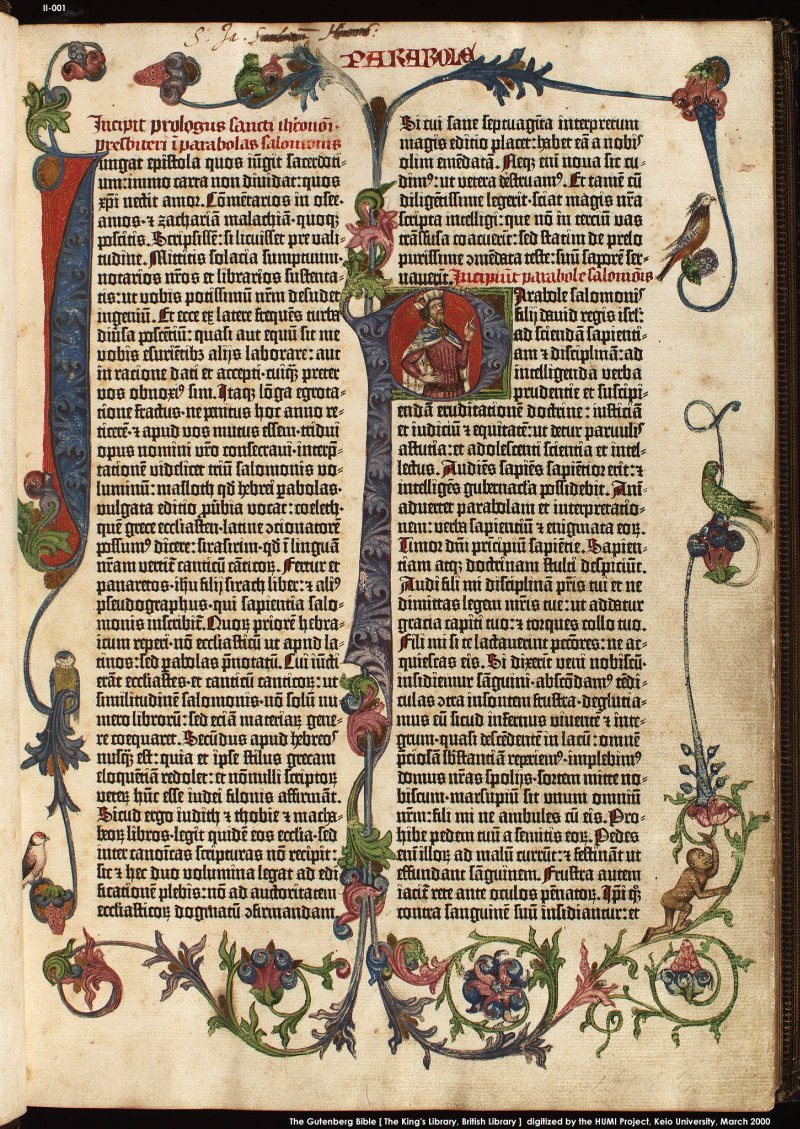
from the June 2010 Newsletter
Prayer? Prayer is both the most exhilarating and the most frustrating experience in life.
When God answers your prayer, it's a feeling like no other. So often our prayers don't get answered the way we want. When that's the case, it can be so disappointing it drives you to tears.
We believe praying is like baking with an easy, three-step cake mix, coming out perfect every time. Despite all the books that promise such a thing, there is no secret formula we can use to guarantee the results we want. Still, we keep looking for it. We think about times we got exactly what we wanted and try to recall everything we did. Is there a secret formula we can follow to control how God answers our prayers?
"If prayer stands as the place where human beings meet, then I must learn about prayer," writes Philip Yancey. The Church Library has added Philip Yancey's, "Prayer: Does It Make Any Difference?"to its collection. His book circles around two themes: "Why God doesn't act the way we want God to, and why (we) don't act the way God wants (us) to. Prayer is the precise point where those two themes converge. In his most powerful book, Philip Yancey probes the very heartbeat---the most fundamental, challenging, perplexing, and deeply rewarding aspect---of our relationship with God. His book "...explores the questions surrounding prayer that many of us wonder but few of us know how to express."
Philip Yancey, in an interview with Christian Odyssey Magazine (Dec. '06-Jan '07) http://www.christianodyssey.com/06/0612prayer.htm, added this powerful gem about Prayer:
"Don't fake it. A lot of us are like children playing 'peek-a-boo,' hiding their faces in their hands so you can't see them. They are the only ones being fooled. But a lot of us do that in prayer. We come to God, put on a smile and make ourselves look good, but we aren't fooling God. God knows the secrets. The more we put on a mask, the more we misrepresent ourselves. I heard a great sermon about Ananias and Sapphira in Acts 5. You don't hear much about them, except in sermons on Stewardship Sunday. But this preacher asked what it was that they did wrong. It was not that they did not give their money away. Peter said they didn't have to. But they misrepresented themselves to God. The whole Bible is full of what God puts up with from us—complaints, anger, remorse, repentance. But if you pretend to be something you are not, he can't work with you."
Yancey writes in "Prayer: Does It Make Any Difference?"-
"Prayer is cooperation with God, a consent that opens the way for grace to work. Most of the time the Counsellor communicates subtly: feeding ideas into my mind, bringing to awareness a caustic comment I just made, inspiring me to choose better than I would have done otherwise, shedding light on the hidden dangers of temptation, sensitizing me to another's needs. God's Spirit whispers rather than shouts, and brings peace not turmoil." (p. 103)
Everything in this world that we put our faith in has the potential to fail. God does not. He is consistently reliable, even if we do not agree with his decisions. He always leads us in the right direction if we give in to his will. In the "Lord's Prayer," Jesus said to his Father, "…your will be done." (Matthew 6:10, NIV) I believe that only when we reach the place where we are willing to do or accept God's will instead of our own, we will have reached the turning point in our prayers.
~M C



